Why do I push people away? The 5 reasons why.
Perhaps the most common issue that brings someone to therapy, revolves around their difficulty creating and maintaining close personal relationships. This can be friendships and/or romantic relationships. They know that they are somehow playing a role in the process, but they can’t quite understand what’s going on. It’s as if they are somehow blind to their own behavior.
Why do I push people away?
And they plead with the therapist to help them understand what is going on in their life and they feel so alone. And they ask their therapist questions like: “Why do I push away the person I love”? “Why do I keep doing this”? “How do I stop”?
Many of us carry the feeling that we want to get closer to the people in our lives, but something keeps blocking us. This pattern of starting a relationship, getting closer, and then breaking up can repeat itself time and time again, for decades.
As the cycle is repeated many people experience deep feelings of frustration, sadness, loneliness, emptiness, and despair. “What am I doing wrong?” they ask. They look at all the couples around them, and it feels like they’re the only ones who can’t be a part of a close and loving relationship. And it makes them want to cry. And, in some cases, it makes them want to die.
Why do I push everyone away? The 5 reasons why.
In my work, I’ve noticed a few common themes among clients who experience these repeated relationship problems.
1. The effects of trauma
So many people have suffered significant trauma in their lives. And often this trauma has come at the hands of the people who were supposed to love and care for them. Abusive parents, abusive schools, and abusive partners, to name a few.
The pain of these experiences has taught them that the safety of love can’t be trusted. That even those who say they love them will hurt and betray them. And the greater the trauma, the more they come to expect that betrayal. And, in this way, the feelings of love that they so desperately crave, becomes the source of pain. So pushing people away becomes a defense mechanism to keep people from being too close - where they can feel hurt.
Often, the triggering of old trauma wounds ignites a sense of being overwhelmed. People become flooded with feelings of anxiety and may experience panic attacks. The only way they can calm their distress is to push the other person away and create some distance. And, while they hate themselves for pushing their partner away, this is preferable to the overwhelming anxiety that comes with intimacy. And to further confuse the situation, they often see their partner as the source of the problem, rather than the trauma wounds they carry within themselves.
2. A fear of being discovered
Some of us grow up with a deeply damaged sense of self-esteem. These individuals may go through life with a sense that they are a fraud. They have a recurrent thought, “If he/she only knew the real me they’d leave me”. And, as time goes on, rather than growing to believe that their partner truly knows them and loves them, their feeling of being a fraud only intensifies.
The pressure inside them increases with the knowledge that it’s only a matter of time before their true self is discovered. Soon they are so uncomfortable with their own perceived duplicity that they have to escape the relationship. In some cases, they may see pushing their partner away, and ending the relationship as an act of bravery. They justify leaving by thinking that they are sparing their loved one from the disappointment of finding out the truth about them. In this way, they can see themselves as pushing them away for their benefit.
3. A belief that all relationships are doomed
Growing up in a chaotic household in which relationships are unstable, and filled with anger and infidelities, can seriously damage an individual’s ability to believe in lasting love. Some people, especially those whose parents divorced when they were young, come to believe that all relationships are essentially unstable and doomed. They believe that it’s only a matter of time before things begin to unravel. Given their presentiment that relationships don’t last, they hold themselves back and never fully commit. As a result, when difficult times come, the relationship falters.
4. A rigid or controlling personality
While some of us adapt easily to change and can live in the grey areas of life, others have a more black-and-white vision of the world. For these people, there is a very strong sense that there is a right way and a wrong way. This includes everything from how to make a peanut butter sandwich, to the right or wrong way to express love.
The more rigid our thinking the more often we’ll come into conflict with our partner. But it’s not the disagreements that cause the problem, it’s that the disagreements are seen as toxic. Rather than seeing the conflict as two different points of view, these people have an overwhelming sense that there is something wrong with their partner. Suddenly they see them as damaged, or crazy, or untrustworthy. Something “other” and different from themselves. This sense of otherness drives them to escape.
5. Pushing people away as a defense mechanism. Dealing with the barriers to intimacy
There is no easy way to overcome barriers to intimacy, regardless of their origin. In many cases, these barriers reflect fundamental personality traits and are the result of deep traumatic wounds that can’t be easily overcome.
How to stop pushing people away
But I believe there is a path to recovery. I believe that healing comes by steadfastly working to keep the searchlight on ourselves rather than then our partners. It’s common that in these situations to only focus on our partner’s faults. That’s the flashing red light that gets all of our attention. It’s so much easier to blame them than to look inward and recognize that we carry within us the damage that needs to be addressed.
As a therapist, my role is to turn the question around and help my clients to search out their role in the relationship problems. It’s impossible to change ourselves if we’re caught in the cycle of blaming others. Change starts with accepting yourself as you are, good and bad. It’s only once I’m willing to see my part in the relationship that I can begin to change.
Here are some other blog posts you might find useful.




